Google emissions have surged 51% in five years – but it’s making solid progress in data center efficiency
Increased Google emissions are being spurred by huge AI-related infrastructure demands

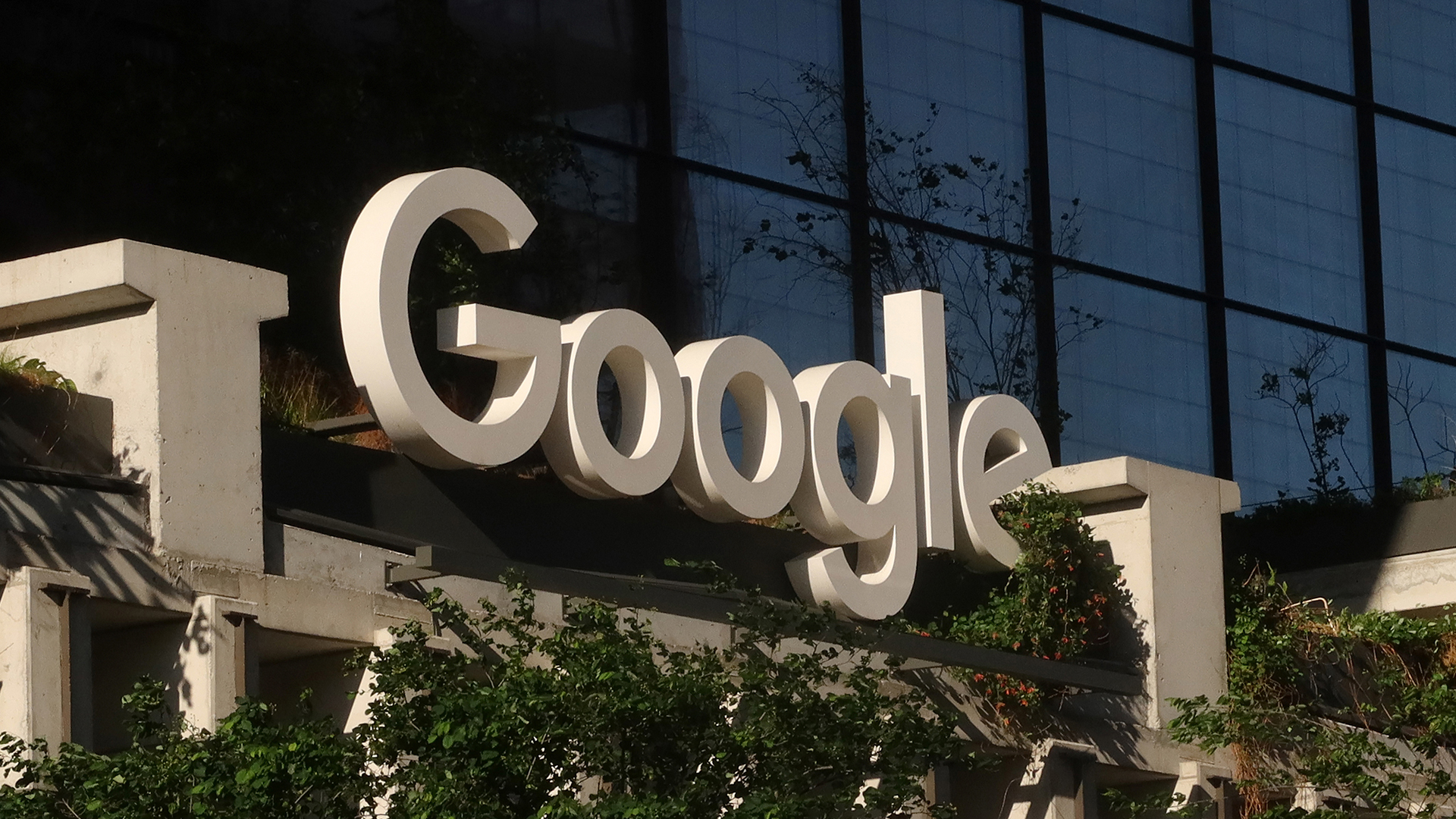
Sign up today and you will receive a free copy of our Future Focus 2025 report - the leading guidance on AI, cybersecurity and other IT challenges as per 700+ senior executives
You are now subscribed
Your newsletter sign-up was successful
Google emissions continue to climb amid the AI boom, new figures show, up 51% from 2019 to 2024 and 11% in the last year alone.
The tech giant’s total carbon dioxide emissions reached 11.5 million tonnes last year, according to its annual environmental report, marking a steep increase on the 7.6 million tonnes recorded in 2019.
A key factor behind this increase lies in the huge strain placed on data center infrastructure by generative AI - and it’s an issue that Google isn’t alone in tackling.
The International Energy Agency warned that AI will chew through the same amount of energy as Japan by 2030, with emissions from leading AI companies up by 150% since 2020.
There are different types of emissions, and Google has made headway in curtailing impact across a number of areas. Scope 1, for example, refers to sources that a company directly owns, such as buildings.
Google cut this type by 8% year-on-year, the report noted. Meanwhile, Scope 2 refers to indirect emissions from energy used by the company; those fell by 11%.
Scope 3 refers to supply-chain emissions, which climbed 22% year-on-year — and they make up 73% of Google's carbon footprint.
Sign up today and you will receive a free copy of our Future Focus 2025 report - the leading guidance on AI, cybersecurity and other IT challenges as per 700+ senior executives
Google said that the increase in Scope 3 emissions were "primarily due to increases in data center capacity delivery (i.e., emissions generated from the manufacturing and assembly of technical infrastructure hardware — including for AI — and their logistics, as well as from data center construction)."
The company said it would continue to build out infrastructure next year and aimed to "decouple this growth from a proportional increase in emissions", in part by encouraging clean electricity in the supply chain and shifting to low-carbon data center construction.
Google emissions are being addressed
Still, the company highlighted its progress. Notably, it slashed data center energy emissions by 12%, with Google data centers using 84% less overhead energy than the industry average.
In a blog post examining the report, Kate Brandt, chief sustainability officer at the tech giant, said that despite a 27% increase in electricity demand for data centers, the company has “successfully decoupled our operational energy growth from its associated carbon emissions.
"This was largely due to more than 25 clean energy projects we’d contracted over the past several years — some as far back as 2019 — coming online in 2024.
Google also claimed that its products more than made up for its own emissions, noting that the combined emissions savings for 2024 alone from Nest thermostats, Google Earth Pro, Solar API, Google Maps' fuel efficient routing, and Green Light was 26 million metric tons of CO2 equivalent — more than double Google's own tally.
Cleaner energy required
Brandt admitted that "it's important to be up front about the hurdles we're facing", highlighting that total admissions were up 11% year on year.
She pinned the blame on slower progress with decarbonizing energy in some key regions, notably Asia Pacific, and said challenges remain with newer forms of energy production.
"When it comes to the next-generation clean technologies we need — the solutions that go beyond wind and solar like enhanced geothermal, advanced nuclear, nuclear fusion, and more — they’re still in their early stages," she added. "They’re not yet deployed at the scale required and can remain expensive to get online."
Google has teamed up with various energy companies on smaller modular reactors and other advanced nuclear, as well as geothermal and biomass, the report noted.
In last year's version of this research, Google saw a 13% increase year-on-year for GHG emissions and a 48% increase since 2019, with the report noting: "This result was primarily due to increases in data center energy consumption and supply chain emissions."
Make sure to follow ITPro on Google News to keep tabs on all our latest news, analysis, and reviews.
MORE FROM ITPRO
- Just 10 tech companies are responsible for half of all data center energy consumption
- Data center water consumption is out of control
- Pressure rises to bolster data center energy efficiency as IT leaders worry demand is pushing the grid to breaking point
Freelance journalist Nicole Kobie first started writing for ITPro in 2007, with bylines in New Scientist, Wired, PC Pro and many more.
Nicole the author of a book about the history of technology, The Long History of the Future.
-
 AWS CEO Matt Garman isn’t convinced AI spells the end of the software industry
AWS CEO Matt Garman isn’t convinced AI spells the end of the software industryNews Software stocks have taken a beating in recent weeks, but AWS CEO Matt Garman has joined Nvidia's Jensen Huang and Databricks CEO Ali Ghodsi in pouring cold water on the AI-fueled hysteria.
-
 Deepfake business risks are growing
Deepfake business risks are growingIn-depth As the risk of being targeted by deepfakes increases, what should businesses be looking out for?
-
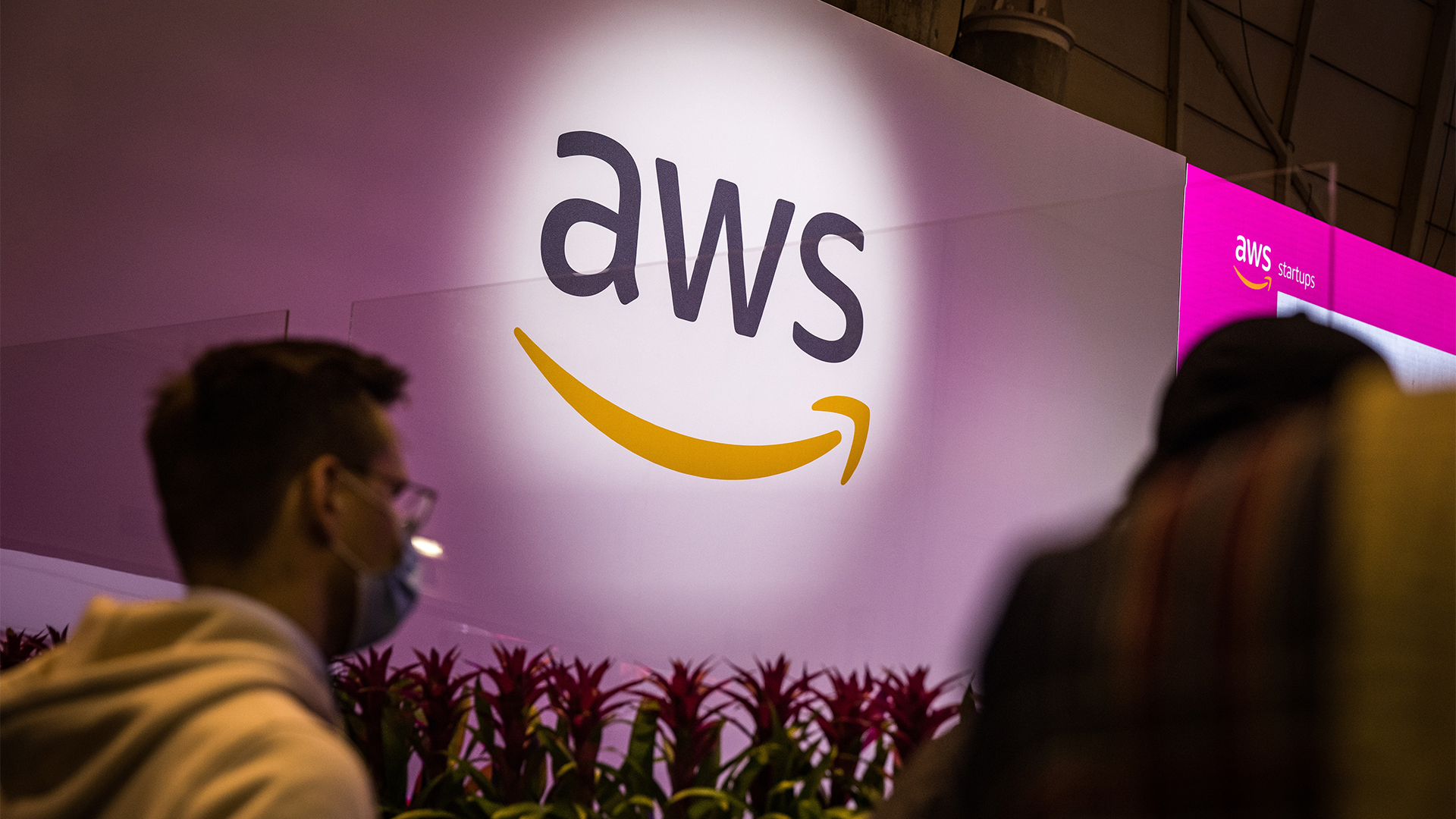 Grid constraints are slowing down AWS infrastructure plans across Europe – and research shows it's only going to get worse
Grid constraints are slowing down AWS infrastructure plans across Europe – and research shows it's only going to get worseNews Efforts by AWS to expand data center infrastructure across Europe face severe delays due to sluggish grid connection practices, a senior company figure claims.
-
 Why the UK is primed to lead a global charge in ‘green AI’ innovation
Why the UK is primed to lead a global charge in ‘green AI’ innovationNews UKAI says there are major economic incentives and a big opportunity for the UK to lead the world in green AI development
-
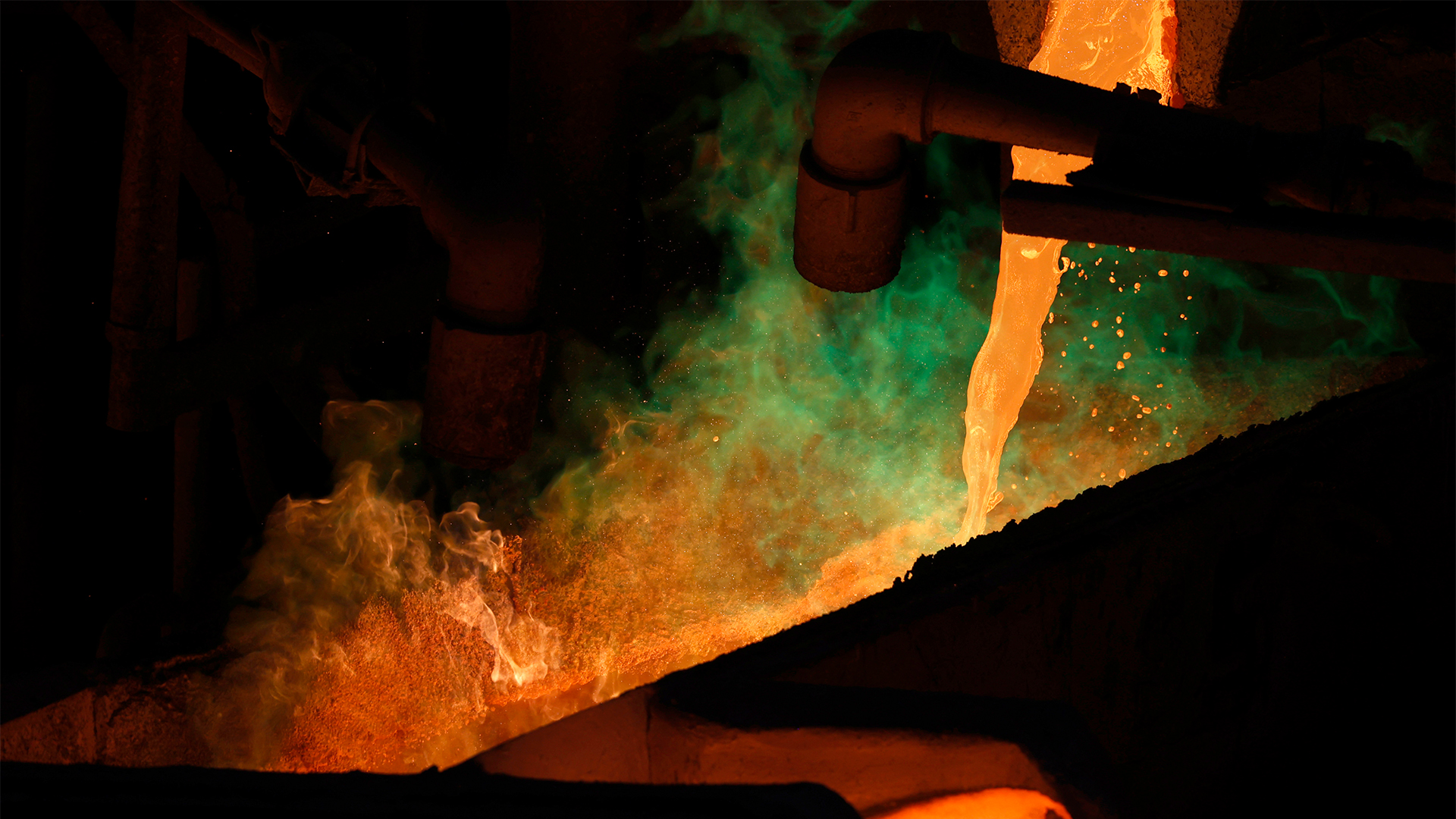 AI’s future rests on copper, and global supply shortages could hamper big tech infrastructure plans
AI’s future rests on copper, and global supply shortages could hamper big tech infrastructure plansNews Copper supply bottlenecks could put a huge dent future big tech infrastructure plans
-
 Google drops $4.75bn on data center and energy firm Intersect
Google drops $4.75bn on data center and energy firm IntersectNews The investment marks the latest move from Google to boost its infrastructure sustainability credentials
-
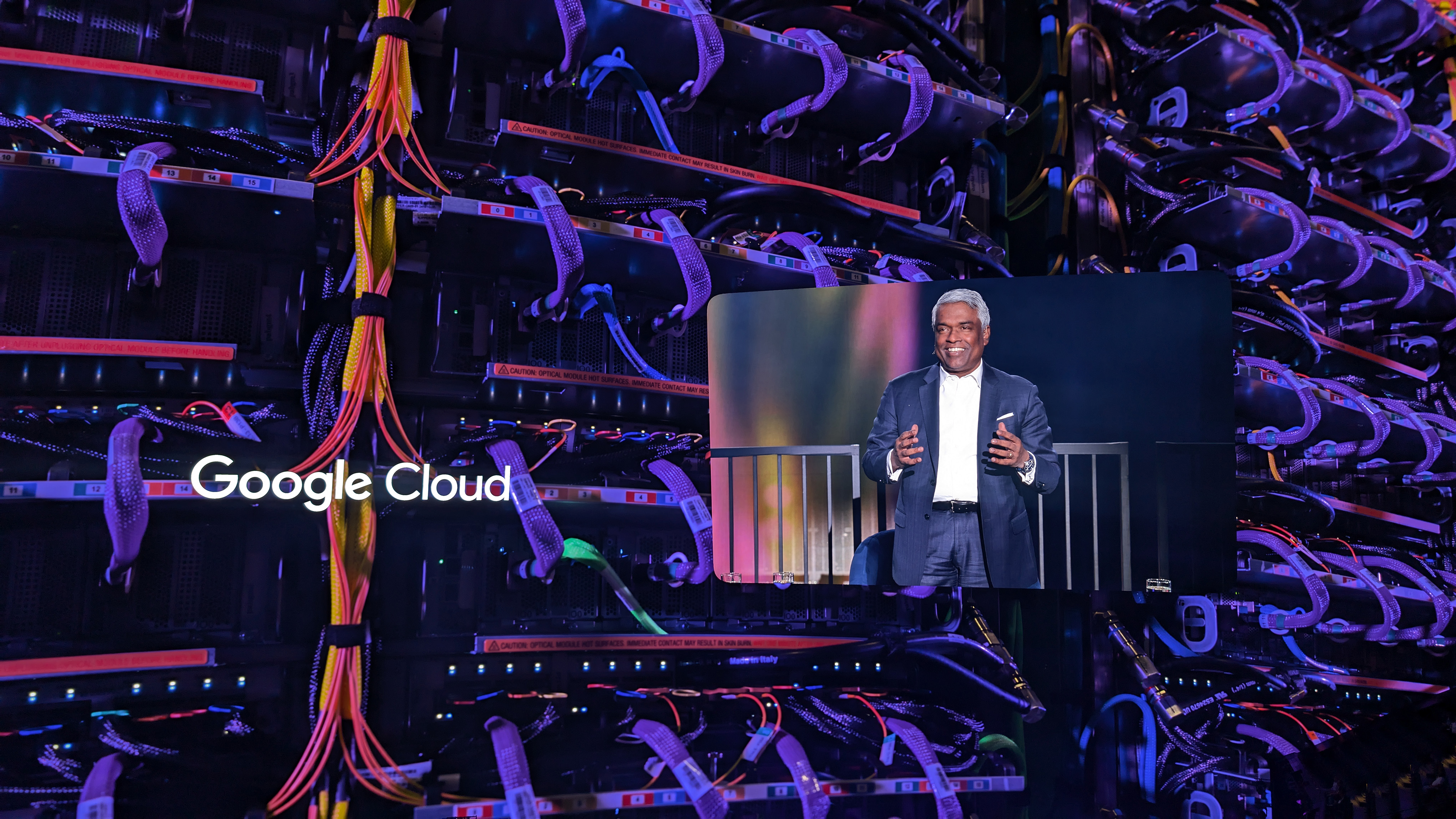 What is a tensor processing unit (TPU)?
What is a tensor processing unit (TPU)?Explainer Google's in-house AI chips are the most notable alternative to Nvidia at the enterprise scale
-
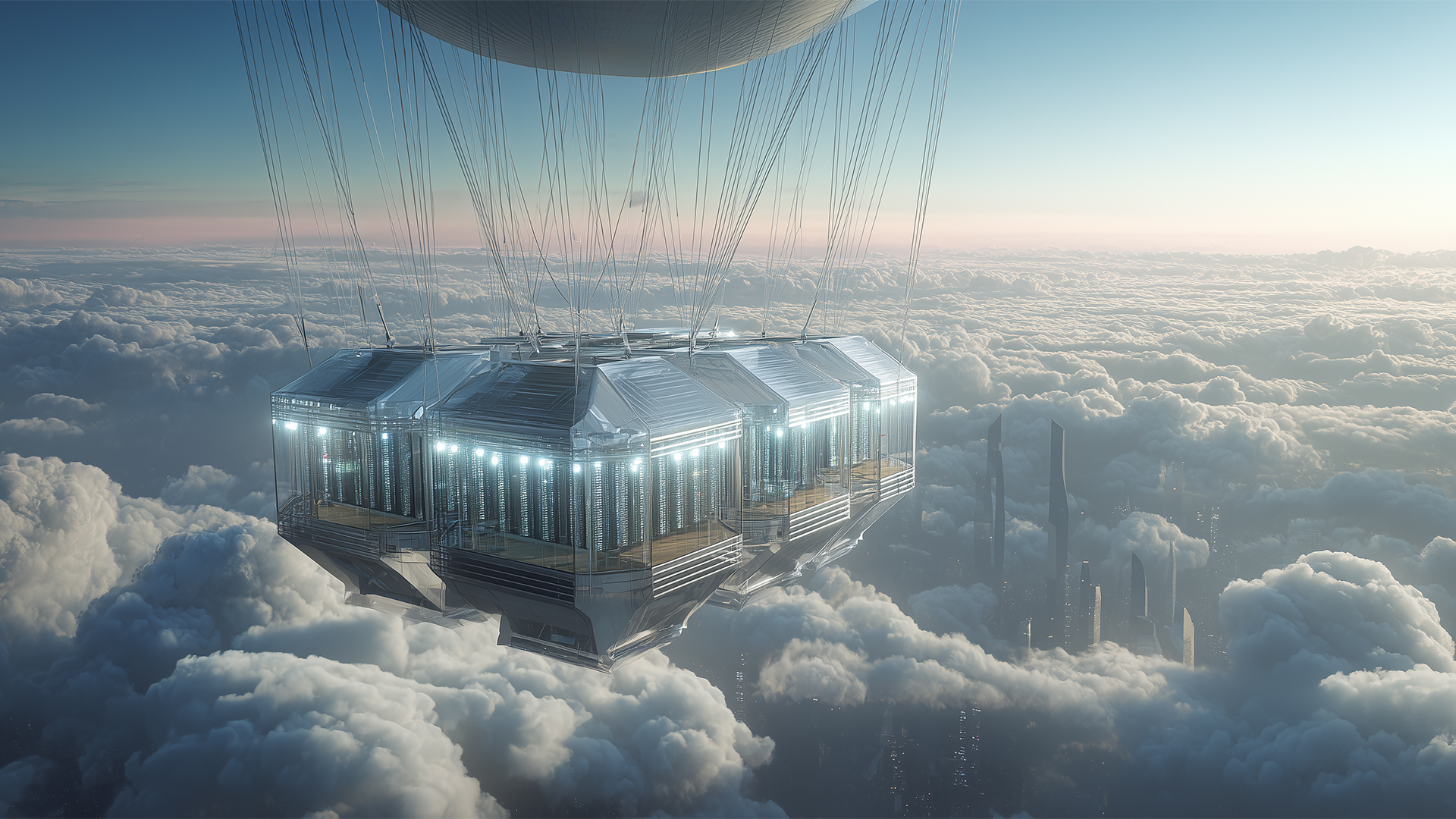 From underground bunkers to 'data spas' and the 'floating cloud', Lenovo is getting creative with future data center ideas
From underground bunkers to 'data spas' and the 'floating cloud', Lenovo is getting creative with future data center ideasNews Lenovo might have its head in the clouds with some ideas, but other radical solutions are already in operation
-
 Google opens doors on UK data center ahead of Trump visit
Google opens doors on UK data center ahead of Trump visitNews The Waltham Cross data center opening comes alongside £5 billion in investment across the country
-
 Google just confirmed the location of its first small modular reactor
Google just confirmed the location of its first small modular reactorNews Developed by Kairos, Google's first small modular reactor will be located in Tennessee, with operations beginning in 2030.
